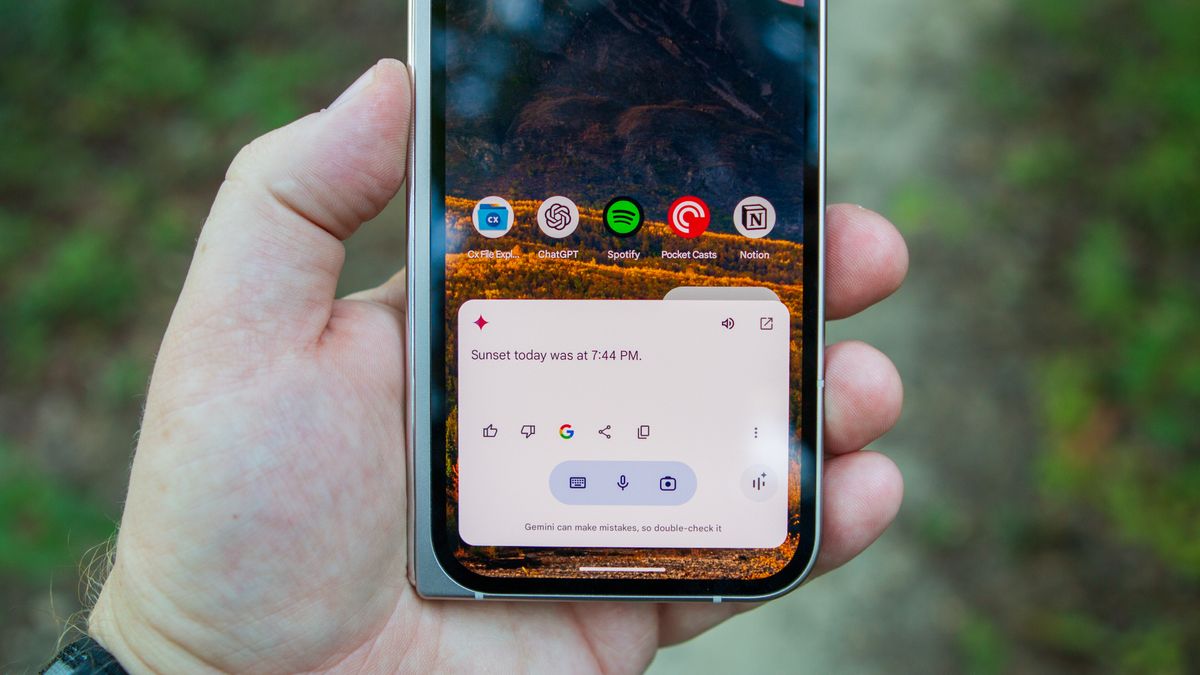What you need to know
- Android developers can now experiment with Gemini Nano through the AI Edge SDK on the Pixel 9 series.
- Currently, developers can only use text-to-text prompts, paving the way for features like rephrasing, smart replies, proofreading, and summarization.
- This experimental access is for development only, not production use.
Google is making Gemini Nano more accessible, a game-changing AI model built to run directly on devices, cutting out the need for an internet connection.
Before this expansion, Gemini Nano was only available for Google’s own apps. Originally launched on the Pixel 8 Pro in December 2023, it later became available on Samsung’s Galaxy S24 series.
However, this exclusivity didn’t last long, as Google has recently extended access to Xiaomi devices, signaling a major step towards wider adoption.
Alongside its own apps, Google granted a select group of external partners early access to the on-device AI model, though their contributions are yet to be revealed.
Google has now made a significant move toward the broader adoption of Gemini Nano by allowing Android developers to experiment with the model through the AI Edge SDK via AICore on the Pixel 9 series, as detailed in a recent blog post.
Currently, Google is allowing developers to experiment exclusively with text-to-text prompts. This opens up opportunities for exploring applications like rephrasing, smart replies, proofreading, and summarization within the Gemini Nano framework.
Future updates for Gemini Nano are expected to introduce support for various modalities, including images, and expand compatibility to a broader range of devices. Mishaal Rahman, writing for Android Police, has pointed out potential candidates for this compatibility, including the Xiaomi 14T, devices from Motorola and Realme, as existing Nano-compatible devices from Samsung.
Although this experimental access allows developers to explore Gemini Nano, it’s important to note that it is strictly for development purposes and not meant for production environments. Developers can access Android AICore (Beta) by joining the AICore system through the Play Store.
This broader compatibility will enable developers to integrate Nano into their third-party apps, giving them a major AI boost. This could lead to a whole new wave of AI-powered apps hitting the Play Store.
The Pixel 9 brings some major upgrades from the previous model. It features a bigger, brighter OLED display, faster performance, and a larger battery for a better overall experience. Plus, its top-notch cameras take amazing shots in any lighting, staying true to the Pixel legacy. You’ll also enjoy a bunch of new AI features and an impressive seven years of software updates.

